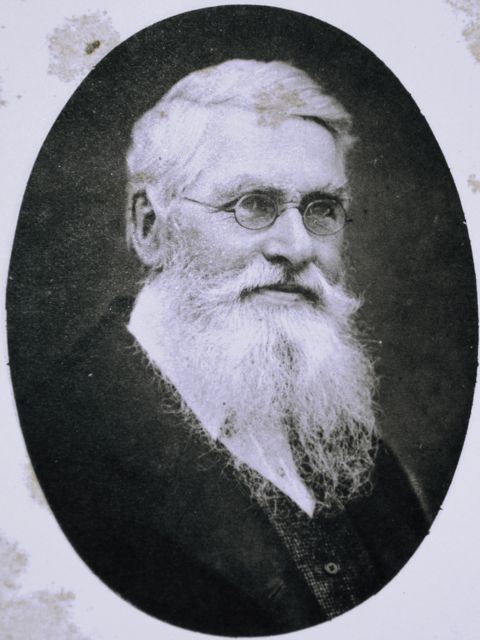

He befriended Wallace and started him collecting insects. Bates was only 19 years old but had already published a paper on beetles in the journal Zoologist.

Wallace spent a lot of time at the Leicester library where he read An Essay on the Principle of Population by Thomas Malthus and where one evening he met the entomologist Henry Bates. By the end of 1843 William's business had declined due to difficult economic conditions, and Wallace left in January.Īfter a brief period of unemployment, he was hired as a master at the Collegiate School in Leicester to teach drawing, map making, and surveying. At the end of 1839 they moved to Kington near the Welsh border before eventually settling at Neath in Glamorgan, and between 18, Wallace did surveying work in the countryside of the west of England and Wales. He left London in 1837 to live with William and work as his apprentice for six years. While there he attended lectures and read books at the London Mechanics Institute, where he was exposed to the radical political ideas of social reformers like Robert Owen and Thomas Paine. This was a stopgap measure until William, his oldest brother, was ready to take him on as an apprentice surveyor. Wallace then moved to London to live and work with his older brother John, a 19-year-old apprentice builder. When Wallace was five years old, his family moved to Hertford, north of London, where he attended Hertford Grammar School until financial difficulties forced his family to withdraw him in 1836. He inherited some income-generating property, but bad investments and failed business ventures resulted in a steady deterioration of the family's financial position. Thomas Wallace received a law degree but never actually practiced law. Thomas Wallace was of Scottish ancestry and his family, like many Scottish Wallaces, claimed a connection to William Wallace, the leader of a 13th-century rising against England. His mother was from a respectable middle-class English family from Hertford. He was the eighth of nine children of Thomas Vere Wallace and Mary Anne Greenell. Wallace was born in the village of Llanbadoc, near Usk, Monmouthshire, Wales. 2.4 Assessment of Wallace's role in history of evolutionary theory.2.3 Application of theory to man, and role of teleology in evolution.2.2.2 Warning colouration and sexual selection.2.2.1 Differences between Darwin's and Wallace's ideas on natural selection.1.3 Return to England, marriage and children.1.2 Exploration and study of the natural world.He was critical of what he considered to be an unjust social and economic system in 19th century Britain, and was one of the first prominent scientists to raise concerns over the environmental impact of human activity. His advocacy of spiritualism and his belief in a non-material origin for the higher mental faculties of humans strained his relationship with the scientific establishment, especially with other early proponents of evolution. Wallace was strongly attracted to radical ideas.

He was also considered the 19th century’s leading expert on the geographical distribution of animal species and is sometimes called the "father of biogeography". Wallace was also one of the leading evolutionary thinkers of the 19th century who made a number of other contributions to the development of evolutionary theory, including the concept of warning colouration in animals, and the Wallace effect. He is best known for independently proposing a theory of natural selection which prompted Charles Darwin to publish his own more developed and researched theory sooner than intended. He did extensive fieldwork first in the Amazon River basin, and then in the Malay Archipelago, where he identified the Wallace line dividing the fauna of Australia from that of Asia. Royal Society's Royal Medal (1866) and Copley Medal (1908), Order of Merit (1908)Īlfred Russel Wallace OM, FRS (8 January 1823 – 7 November 1913) was a British naturalist, explorer, geographer, anthropologist and biologist.

His work on natural selection and biogeography Born 8 January 1823 ( ) Usk, Monmouthshire, Wales Died 7 November 1913 (aged 90) Broadstone, Dorset, England CitizenshipĮxploration, biology, biogeography, social reform


 0 kommentar(er)
0 kommentar(er)
